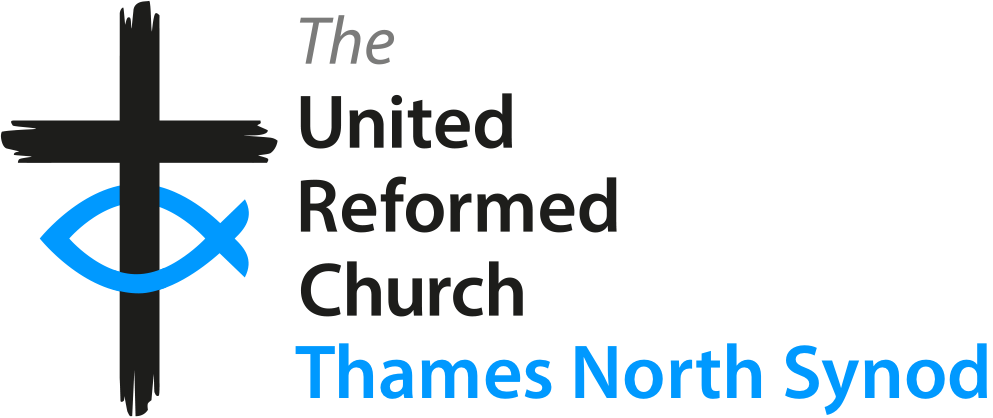Safeguarding
-
How we protect and support children, young people, and vulnerable adults across our churches.
-
Reporting a Safeguarding Concern
If you’re worried about someone’s safety, find out how to report your concerns clearly and confidentially.
-
Safeguarding Training & Events
Stay up to date with training opportunities to help you and your church create a safer environment.
-
Learn to recognise the signs of specific safeguarding issues, including different types of abuse, exploitation, and vulnerability.
-
Understanding the signs of domestic abuse and how to respond.
-
Information on how to recognise and report grooming and exploitation.
-
Guidance on identifying and dealing with issues of financial abuse.
-
Advice to follow in the event of honour-based abuse or forced marriage.
-
Managing Risks & Safeguarding Agreements
The formal process for managing individuals who may pose a risk to others within the church community.
-
Coping with the experience of losing someone important to us.
-
Financial Hardship & Homelessness
Understanding vulnerability and finding sources of help.
-
IICSA (Independent Inquiry into Child Sexual Abuse)
The findings from the Independent Inquiry into Child Sexual Abuse.
-
-
Safeguarding Policies & Guidance
Essential policies and best practice guidance for keeping people safe in our churches.
-
The official Safeguarding Policy for Children and Adults for the Thames North Synod.
-
Guidance on the safeguarding responsibilities and duties of Elders as charity trustees.
-
Safer Recruitment and Volunteers
The principles and procedures for ensuring only suitable people work with children and adults at risk.
-
Best practices for safe online communication and ministry.
-
Activities in Private Dwellings
Guidance on assessing and managing the unique risks of holding church activities in private homes.
-
-
Safeguarding Resources & Forms
Download essential safeguarding forms, templates and printable materials for use in your church.
-
Get in touch with our Safeguarding Officers for confidential advice, support, or reporting.
-
Safer Recruitment and Volunteers
The principles and procedures for ensuring only suitable people work with children and adults at risk.
Our Commitment to Prevention
Preventing abuse is a primary responsibility for all our churches. This involves not only ensuring we have the right people in roles but also that our activities are safe and our premises are used responsibly. The following principles are central to our preventative approach.
1. The Safer Recruitment Process
All churches must follow a consistent process for all volunteer and paid roles that involve working with children or adults at risk. This process is a critical first line of defence in deterring unsuitable individuals and must include:
- Providing a clear role description and person specification.
- Requiring all applicants to complete an application form.
- Completing a self-declaration form regarding criminal history.
- Conducting a face-to-face interview (this can be informal for some volunteer roles).
- Taking up at least two independent references.
- Completing a Disclosure and Barring Service (DBS) check for all eligible roles.
- Establishing a trial or review period for new appointments.
You can find all the necessary forms for this process, including application forms (SR1), reference request forms (SR2), and guidance on DBS-eligible roles (S3), on our Safeguarding Resources & Forms page.
2. Ensuring Safe Activities
All activities must be organised in accordance with URC’s Good Practice guidance to promote a safe environment and minimise opportunities for harm or misunderstanding. For every event, this includes:
- Carrying out and documenting risk assessments.
- Using appropriate and accessible consent forms, especially for children’s activities.
- Keeping appropriate records of attendance and incidents.
- Ensuring adequate insurance is in place.
3. Code of Conduct
All trustees, paid staff, and volunteers are required to work within a code of conduct. This ensures that everyone understands the standards of behaviour expected of them. Breaches of this code will be taken seriously and may result in the suspension or termination of a person's role.
4. Safe Use of Church Premises
When any church premises are hired by an external organisation, group, or individual, the hiring party must hold and abide by their own safeguarding policy. Where the hirer does not have their own policy (e.g., for a one-off private booking), they must be given a copy of the local church’s safeguarding policy and must agree in writing to abide by it. The hiring agreement must contain clauses that clearly outline this safeguarding responsibility.
